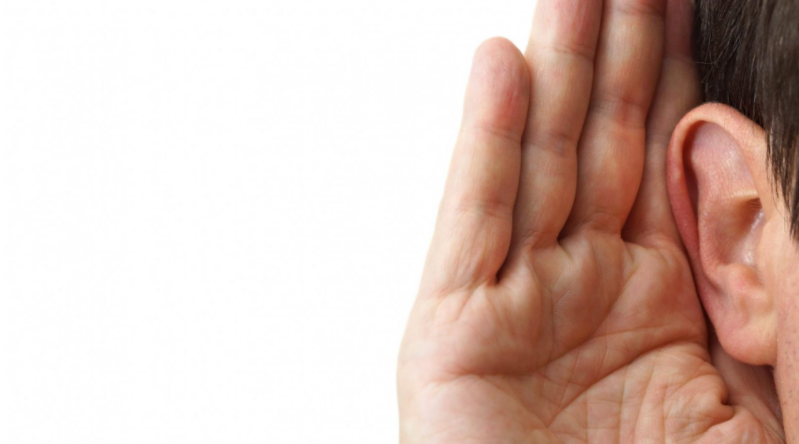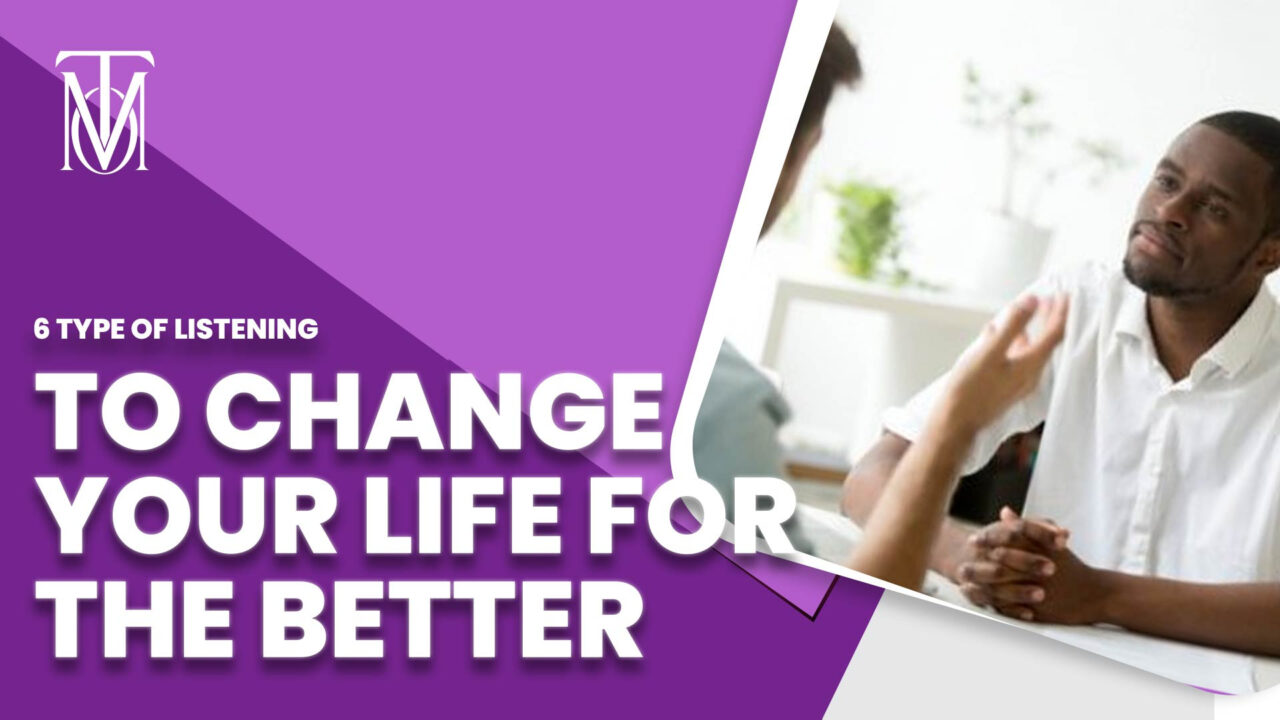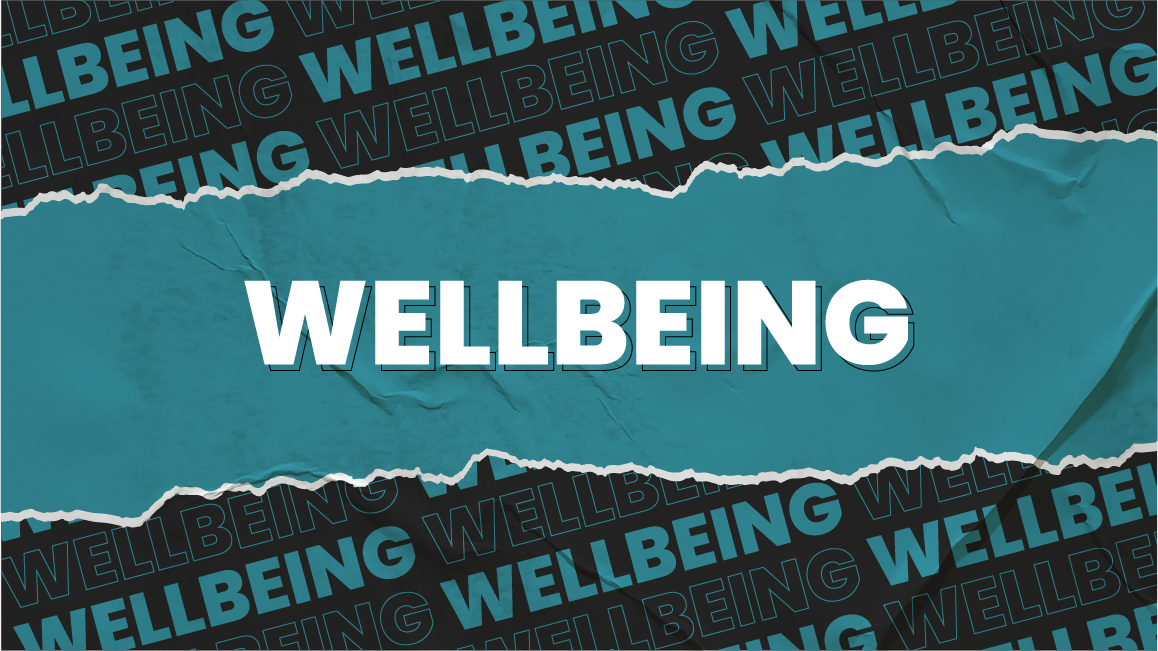Everyone wants to be heard, but sometimes not everyone knows how to listen. Maybe you feel that you could be a better listener.
Everyone can benefit from listening better, whether for work, social, or family.
The Different Types Of Listening
Effective listening is when you are a good listener and use critical listening to help get information across to everyone.
There are many types of listening skills that you can use every day. Many of them even overlap and are used together to be effective.
Not all combinations are good. You can use sympathetic listening and biased listening together and have a completely different story in your head than what was told.
Some are great to use to be a good listener. You can use discriminative listening and comprehensive listening to learn new language skills.
1. Empathetic listening
Empathetic listening or therapeutic listening is useful when you want to see things from another person’s perspective.
When using therapeutic listening, you try to understand someone’s point of view. Instead of completely listening to the words spoken, you use empathic listening to try and relate to their experience and view it as if you have lived it.
EX: Your mom has to cancel a party she was planning because she is too sick and doesn’t want anyone else getting sick.
Using empathetic listening, you can tell how bad she feels about canceling and that this was a hard decision. Instead of getting mad, you understand her sadness.
2. Selective listening
Selective listening can also be known as biased listening. If you use biased listening, you only hear the information you want to retain.
This particular listening process often has a negative effect, mostly that facts can be warped to fit the listener’s agenda.
EX: There is a person you don’t like at work very much. You don’t have a reason to; you don’t seem to get along.
When other people talk about their good doings, you can’t remember what was said. But when a negative thing is said, you remember and bring it up the next time you talk about them.
You use your selective listening to pick and choose what you know about someone.
3. Discriminative listening
This is the first type of listening skill we have ever used. It is from early childhood before we understand the words others say.
Discriminative listening uses verbal cues, tone, and the speaker’s body language. This type of listening is useful when you need to ‘read between the lines.’
4. Sympathetic listening
Sympathetic listening is one of the types of listening skills about emotion. You end up focusing on the emotions and feelings of the speaker.
When you use sympathetic listening, you can give the speaker the support they need.
EX: A Family member comes to visit. They are nice and friendly but seem a bit distracted.
You ask what is wrong, and they tell you about something at their work that is annoying but can’t be changed.
You use sympathetic listening to let them understand and have been in a spot like that yourself. It makes them feel much better.
5. Comprehensive listening
Comprehensive listening, also sometimes known as evaluative listening, does require the use of language skills.
You can use this with serval types of listening at the same time.
You can combine discriminative listening skills with comprehensive listening to understand the messages that a speaker is sending. You can use critical thinking with comprehensive listening to make critical listening.
EX: You have to help with a young child’s birthday party. You have a limited budget, and it’s a very strange theme.
You would use two listening skills, critical and comprehensive listening, to figure out the best way to handle and execute this complex and unusual request.
6. Informational listening
When you are learning something, you use informational listening to retain information.
You have to pay careful attention, use active listening, and have strong listening skills to use this type of listening process.
It also helps if you use critical listening to understand how to apply what you are learning.
EX: Informational listening is just that, listening to information. Training for work, Ebooks, coaching, and even self-paced learning.
What Are Some Listening Skills You Can Use Yourself?

Most of these listening skills are great to use, and practicing one every day is a great way to become a better listener.
My Final Thoughts
Be a better listener for yourself and others around you. It will help you grow as a person, make your mental health healthier, and improve your relationships.
I hope you will continue learning and growing into a better version of yourself every day.
Remember to love yourself and others around you.











